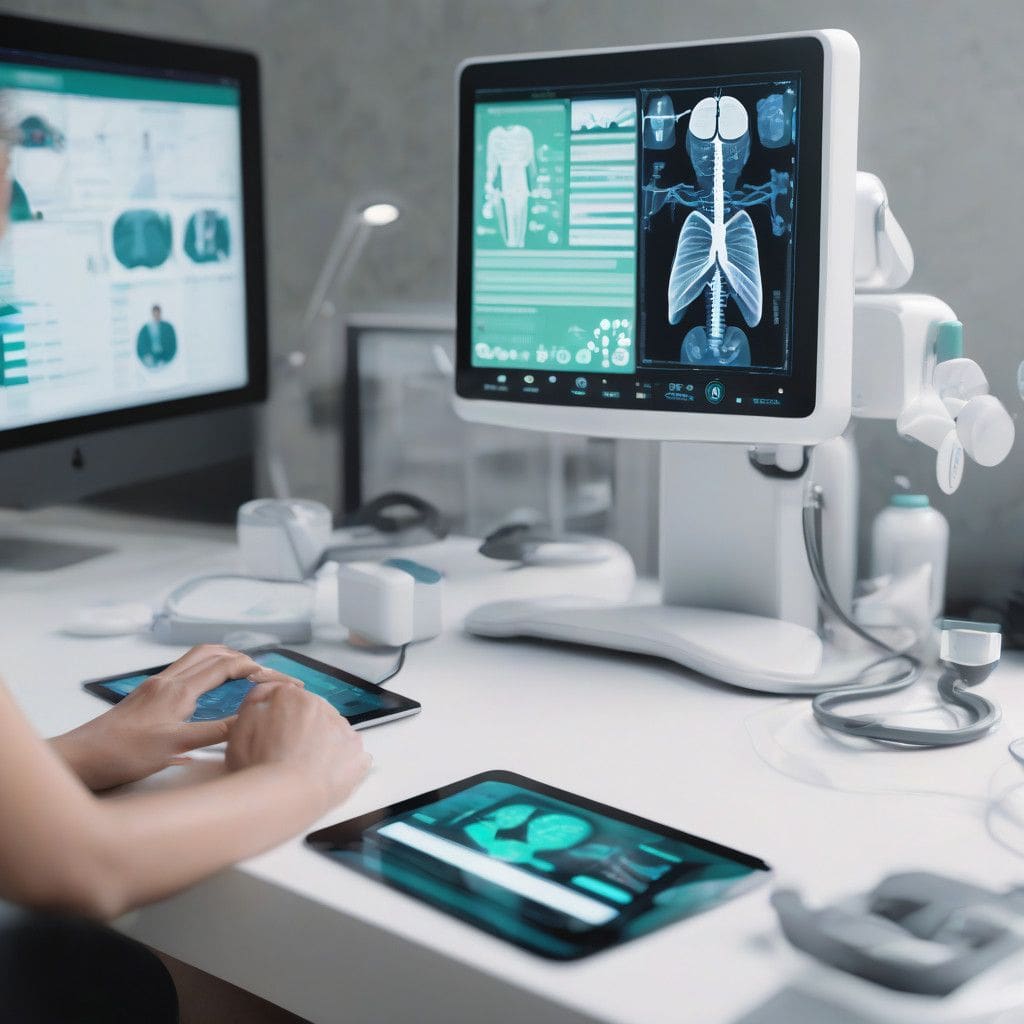In a significant move aimed at enhancing healthcare efficiency, Zoom has entered the medical field by partnering with Suki, a renowned AI-driven medical scribe platform. This collaboration introduces an AI-powered tool designed to automate note-taking during telehealth appointments, a critical component for clinicians facing increasing demands in patient documentation.
Zoom, known primarily for its video conferencing services, accounts for over a third of telehealth appointments across the United States. By integrating Suki’s technology, the platform seeks to alleviate the administrative burden on healthcare professionals, allowing them to devote more time to direct patient care. This is not only a strategic expansion for Zoom but also aligns with the broader trend of technology adoption in the healthcare sector.
The choice of Suki was made after a thorough evaluation of various AI medical scribe startups. This decision highlights Suki’s growing reputation in the field, especially following its recent $70 million funding round aimed at scaling its operations. This infusion of capital underscores the rising investor confidence in AI-driven solutions tailored for healthcare, where efficient documentation is paramount.
The growing integration of AI in healthcare is not without precedent. Competitors such as Amazon with its One Medical and Microsoft’s Nuance are also leveraging similar technologies to streamline medical note-taking processes. These innovations not only support large healthcare systems but also cater to smaller practices that lack resources for extensive administrative work.
One critical aspect of this technology is its potential to significantly reduce the time clinicians spend on paperwork. The typical healthcare provider often faces a daunting challenge—juggling patient consultations while ensuring meticulous record-keeping. Suki’s AI capabilities aim to bridge this gap, automatically capturing and transcribing detailed notes during appointments. This efficiency leap translates to improved patient interactions and enhanced overall satisfaction.
Furthermore, the AI note-taking tool can adapt to individual clinician styles, refining its accuracy and efficiency over time. This capability is particularly significant in a field where personalization of care is increasingly prioritized. By using advanced algorithms, the AI can analyze dialogue nuances and clinical terms, ensuring that the notes generated reflect the actual conversation without requiring extensive edits by the healthcare provider.
Zoom’s foray into this domain echoes a larger transformation within the healthcare infrastructure, where technology and convenience are paramount. As patients become more accustomed to virtual healthcare, the expectation for high-quality, efficient service will continue to rise. By offering solutions that enhance clinical workflow and reduce administrative burdens, Zoom positions itself not merely as a communication platform but as a crucial player in healthcare technology.
The broader implications of such advancements also touch on the future of work within healthcare. With AI tools automating menial tasks, healthcare professionals can focus on what truly matters: patient care and recovery. This shift could lead to a more satisfied workforce, as doctors and nurses find themselves less overwhelmed by paperwork and more engaged in patient interactions.
In summary, Zoom’s partnership with Suki marks a noteworthy expansion into the healthcare sector, aimed at utilizing AI technology to enhance efficiency and effectiveness in medical documentation. As telehealth continues to grow, these advancements are likely to play a vital role in integrating cutting-edge solutions that address the evolving demands of healthcare providers and patients alike.
The move reflects a broader trend where technology is actively reshaping essential processes in vital industries. As companies like Zoom, Amazon, and Microsoft continue to innovate in this space, the healthcare landscape stands on the brink of transformation, driven by the power of artificial intelligence.












